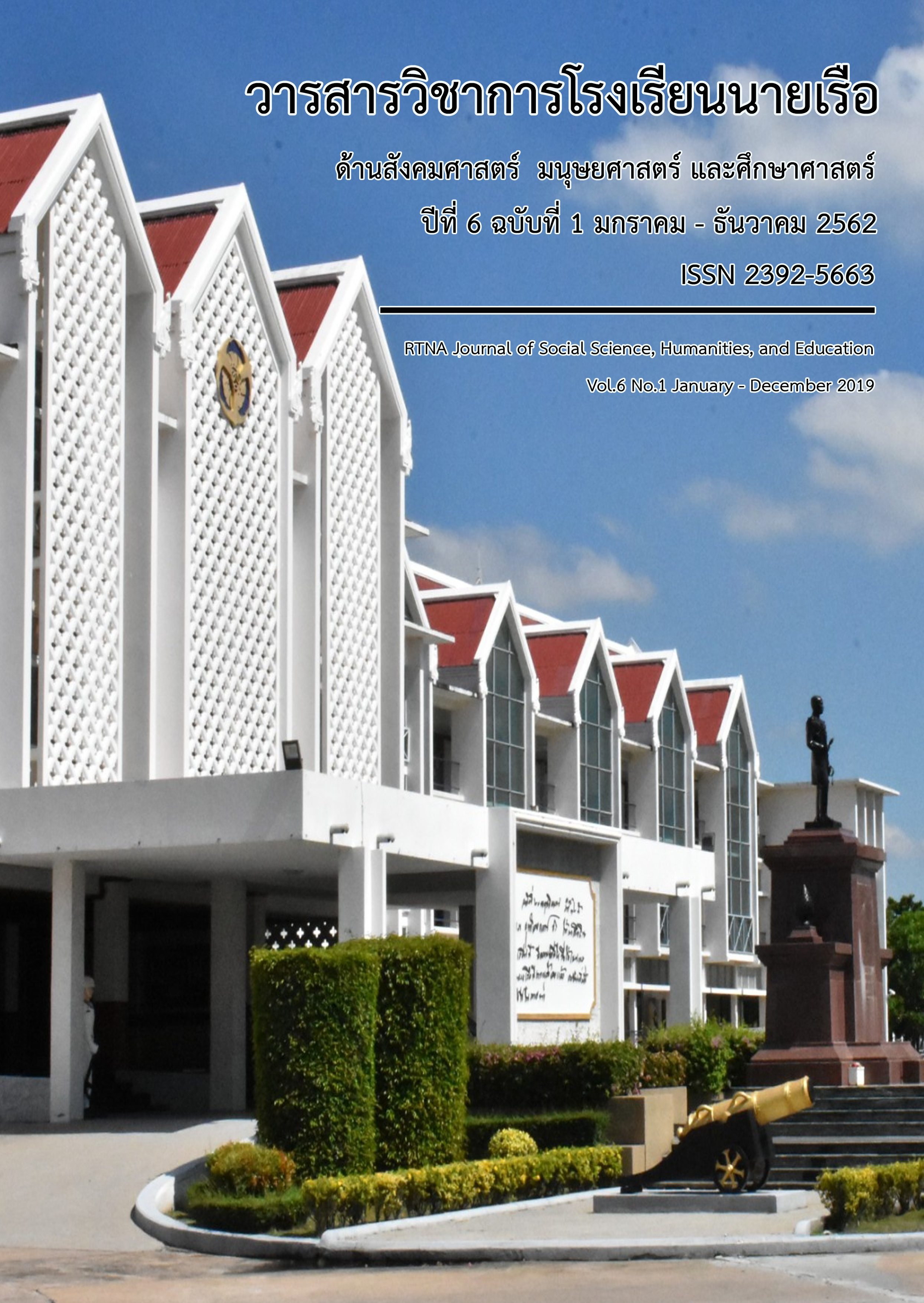The Falklands War
Keywords:
The Falklands War, The Falkland Islands, Port StanleyAbstract
The British-Argentine dispute on the Falkland Islands in 1982 gives a clear picture of complex war-like interrelationships: the linkages between military and diplomacy, the incorporation into territories, the sea and air, the primary role of campaign support operations as well as the geographical and attractive superiority of strategic concepts. It began on 2 April 1982 and ended on 14 June 1982. The war broke out when Argentina was under the government of General Leopoldo Fortunato Galtieri, the commander of Argentina's governing military junta. General Galtieri decided to invade the Falkland Islands because he wanted to draw attention away from difficulties in Buenos Aires with patriotic incentives and because it seemed to him as an easy conqueror. On April 2, General Galtieri ordered the Argentinean armed forces to strike the islands; at first, the small British garrison resisted, but by April 4, the Argentinean armed forces had seized Port Stanley, which is the capital city of the Falkland Islands. The British government were ruled by Margaret Thatcher, who not only accepted the challenge but took advantage of the occasion to make the national pride stand out again. After making diplomatic tension against Argentina, Thatcher ordered the assemblage of the British Naval Task Force, which is the most significant naval task force since World War 2, to recapture the Falkland Islands. Commanded by Admiral of the Fleet John David Elliott Fieldhouse, Baron Fieldhouse, GCB, GBE, the task force consisted of various groups of forces. In mid-April, as the London operation was underway, Admiral Fieldhouse began to head south to supply a large fleet of freighters and tankers. The initial phases of the Falklands War were mostly at sea between the British Navy and the Argentinian Air Force; on May 2, the British nuclear-powered submarine sank the Argentinean navy light cruiser, ARA General Belgrano. On May 21, the British armed forces landed, and after consolidating his position, Major General John Jeremy Moore began the attack on Port Stanley on June 11. Surrounded on land and blockaded at sea, the Argentinean commander, Brigadier General Mario Benjamin Menéndez, realized his situation was desperate and surrendered on June 14, ending the conflict. The British sovereignty of the Port Stanley and the surrender of the Argentinean armed forces in the Falklands followed. The British declared a formal finish to military operations on June 20. The Falklands War lasted only seventy-four days
References
Anderson, D. (2014). The Falklands War 1982: Bloomsbury Publishing.
Badsey, S., Havers, R. P. W., Grove, M. J., & Australian National University. Australian National Centre for Latin American, S. (2005, 2005). The Falklands conflict twenty years on: lessons for the future, London: New York.
Bingham, D. M. (n.d.). FALKLANDS FLORA & FAUNA. Retrieved from https://bit.ly/390VGYR
Booth, C. (1982). Thatcher: "Great Britain is great again". Retrieved from https://bit.ly/3b7kH5U
Cannadine, D. (2016). Margaret Thatcher: a life and legacy: Oxford University Press.
Cardoso, O. R., Kirschbaum, R., Kooy, E. v. d., & Australian National University. Australian National Centre for Latin American Studies. Barry Carr, c. (1987). Falklands, the secret plot. East Molesey, Surrey, UK: Preston Editions.
Chant, C. (2013). Air war in the Falklands 1982: Bloomsbury Publishing.
Darley, W. M. (2005). War policy, public support, and the media. Parameters, 35(2), 121.
English, A., & Watts, A. (1982). Battle for the Falklands (2): Naval Forces (Vol. 2): Osprey Publishing.
Falklands War. (2015). In (3 ed.): Oxford University Press.
Fowler, W. (1982). Battle for the Falklands (1): Land Forces. (Vol.1): Osprey Publishing.
Freedman, L. (2004a). The Official History of the Falklands Campaign, Volume 1: The Origins of the Falklands War: Routledge.
Freedman, L. (2004b). The Official History of the Falklands Campaign, Volume 2: War and diplomacy: Routledge.
Fremont-Barnes, G. (2012). The Falklands 1982: Ground operations in the South Atlantic: Bloomsbury Publishing.
GlobalSecurity.org. Future Naval Capabilities (FNCs): Innovative Naval Prototypes. Retrieved from https://bit.ly/2UjtUBH
Great Britain. Ministry of, D. (1982). The Falklands campaign: the lessons (Vol. 8758.). London: Hmso.
Hastings, M., & Jenkins, S. (1997). The battle for the Falklands. London: Pan Books.
Koburger, C. W. (1983). Sea power in the Falklands. New York: Praeger.
Laver, R. C. (2001). The Falklands/Malvinas case: breaking the deadlock in the Anglo-Argentine sovereignty dispute. (Vol. 40): Martinus Nijhoff Publishers.
Milan, V. (2009). Operational Warfare at Sea: Theory and Practice, Londres-Nueva York. In: Routledge.
News, F. (2013, December 18, 2016). Margaret Thatcher's Legacy Partly Hinged On Falklands Islands War. Retrieved from https://fxn.ws/2IVBvku
Nott, J. (2002). Here Today, Gone Tomorrow: Recollections of an Errant Politician: Politicos Pub.
Strange, I. J. (1983). The Falkland Islands: David & Charles Publishers.
Thatcher, M. (1980). Speech to Conservative Party Conference (‘The Lady’s Not for Turning’)[‘The Reason Why’], 10 October. In.
Thatcher, M., & Thatcher, M. (1993). The downing street years: HarperCollins London.
Watson, B. W., & Dunn, P. M. (1984). Military lessons of the Falkland Islands war: views from the United States: Westview Press.
Wiese, J. (2014). The Falklands war. Marine Corps Gazette, 98(5), 62.
Downloads
Published
Issue
Section
License
The author has the sole responsibility for the material published in RTNA Journal of Social Sciences, Humanities, and Education, which the editorial team may not agree on that material.
RTNA Journal of Social Sciences, Humanities, and Education owns the copyright of the text, the illustration, or other material published in the journal. No parts or the whole of the material published may be disseminated or used in any form without first obtaining written permission from the academy.






